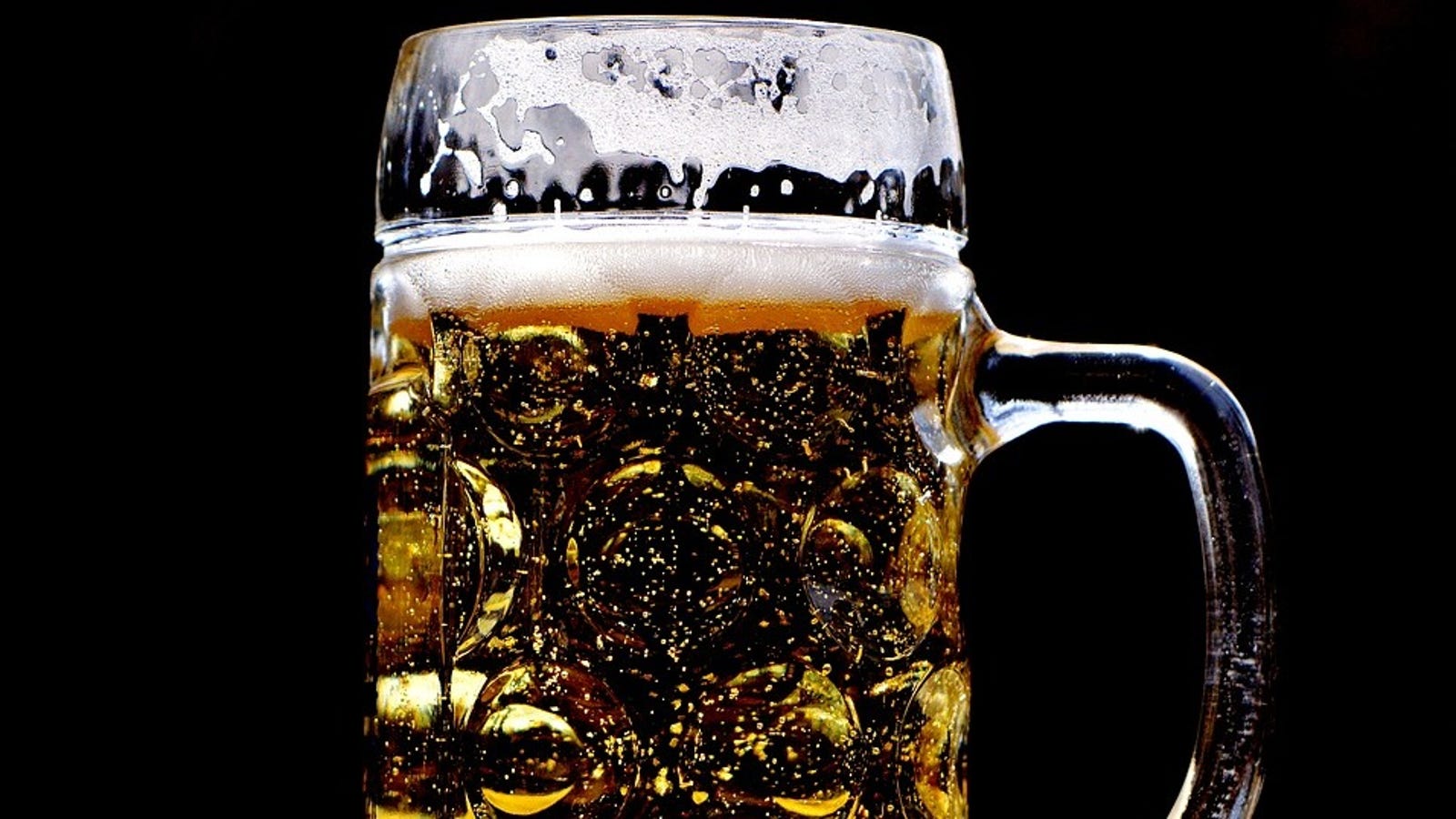By 2020 every light bulb is supposed to put out 45 lumens per watt. It’s a Bush-era regulation that the current government wants to roll back.
Incandescent bulbs are an endangered species, so threatened with extinction that artists are mounting them like exhibits in a museum. So of course, the Trump administration is stepping in to slow the LED revolution.
When President George W. Bush brought in energy standards for light bulbs in 2007, nobody quite knew what would replace incandescent bulbs. LEDs couldn’t do it yet, so we all got those terrible compact fluorescents. But the legislation promoted innovation and LEDs took over the world with breathtaking speed. It has truly been a revolution, which we followed in real time on TreeHugger. But the Stage 1 in the legislation dealt with type A bulbs, the ones we use at home, that go in that 110 year old Edison base.
 © ACEEE report
© ACEEE reportThe Department of Energy was supposed to look at everything else, the decorative bulbs, reflector spots and floods and the rest of the lightbulbs and have new regulations in place by 2020. Of course, they haven’t done anything and there is no new standard for Stage 2. But even though the drafters of the legislation had no idea where the light bulb efficiencies would come from, they knew that deadlines often get missed, so they put in what is called a backstop, but that I liken to a time bomb: if there are no new regulations, then it is simple: by 2020 all light bulbs must deliver 45 lumens per watt.
I previously wrote that this no longer mattered, that “the market has done it already and not even Fox Republicans are buying incandescent bulbs to own the Libs anymore. This particular revolution is over and the LEDs won.” I was wrong; there is still a big market for inefficient bulbs, just walk into any hipster restaurant and they are hanging everywhere. Halogen lights are still hugely popular and profitable for the big bulb makers. According to the ACEEE (American Council for an Energy-Efficient Economy) Big Bulb is trying to get this time bomb defused.
Manufacturers supported the original 2007 law. Now, however, the three largest lighting companies –GE, Signify (formerly known as Philips Lighting), and Sylvania, as represented by their trade association, the National Electrical Manufacturers Association — are lobbying against implementation of the backstop. They want to change the rules of the race. They contend that DOE still has a choice about whether to implement the backstop. In its place, they are lobbying for DOE to leave the stage 1 standards in place for halogens and impose tougher standards only for LEDs. In other words, they want a race where each technology gets a different finish line, some of which have already been crossed. Manufacturers could keep on selling their current highly profitable halogen bulbs and, for some of the additional bulb shapes and sizes not covered by stage 1, even conventional incandescent product lines.
 Stage 2 Savings could be bigger than stage 1/ ACEEE/Screen capture
Stage 2 Savings could be bigger than stage 1/ ACEEE/Screen captureThe LED revolution so far is big, but it is really only halfway there with Stage 1. The ACEEE shows that the CO2 emissions reductions, and consumer savings, from Stage 2 are in fact even bigger than those gained from Stage 1. There is no question that we will still get some of these savings; LED bulbs save so much money that consumers and industry will change to them, even if Stage 2 is throttled by Trump and DOE head Rick Perry.
But the rules for Stage 1 unleashed incredible innovation in lighting, and Stage 2 would likely do the same. We have already seen what engineers can do with decorative bulbs, designing LED bulbs that are indistinguishable from those retro incandescents in every hipster coffee shop, bar and izakaya this side of Kyoto. If the rules were in place we would see a lot more of this.
It is not certain that Trump and Perry can pull this off, either. Andrew deLaski, Executive Director, Appliance Standards Awareness Project, notes that the time bomb is pretty powerful:
Because the national appliance standards law forbids a weakening of the standards, either by lowering them or narrowing the range of products covered, any attempt to roll back the 2020 standards will almost assuredly lead to lawsuits. The law also permits states to step in to enforce these standards. With such enormous energy and economic benefits at stake, the effort to protect the 2020 standards will be a top priority.
Time to boycott Big Bulb
 © Cree bulb
© Cree bulb I previously discussed how Walmart had become the new EPA; now it is time for Big Bulb to become the new DOE and basically comply with Phase 2 regulations on their own, and simply stop selling bulbs that don’t meet the 45 lumens per watt standard. We could help give them a nudge and simply stop buying bulbs from GE, Signify (formerly known as Philips Lighting), and Sylvania. I personally will be buying Cree instead, after I confirm that they are not part of this evil cabal. UPDATE: Cree has confirmed that it “is not part of the group working to roll back the legislation.”
via TreeHugger https://ift.tt/2v7tbJp
August 24, 2018 at 12:22PM







